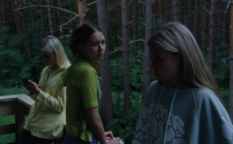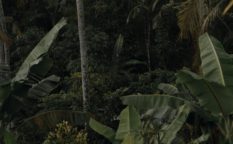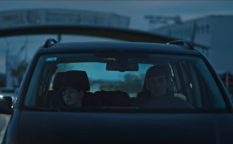Focus on Simplice Ganou at Sheffield Doc|Fest
Bakoroman (2011)
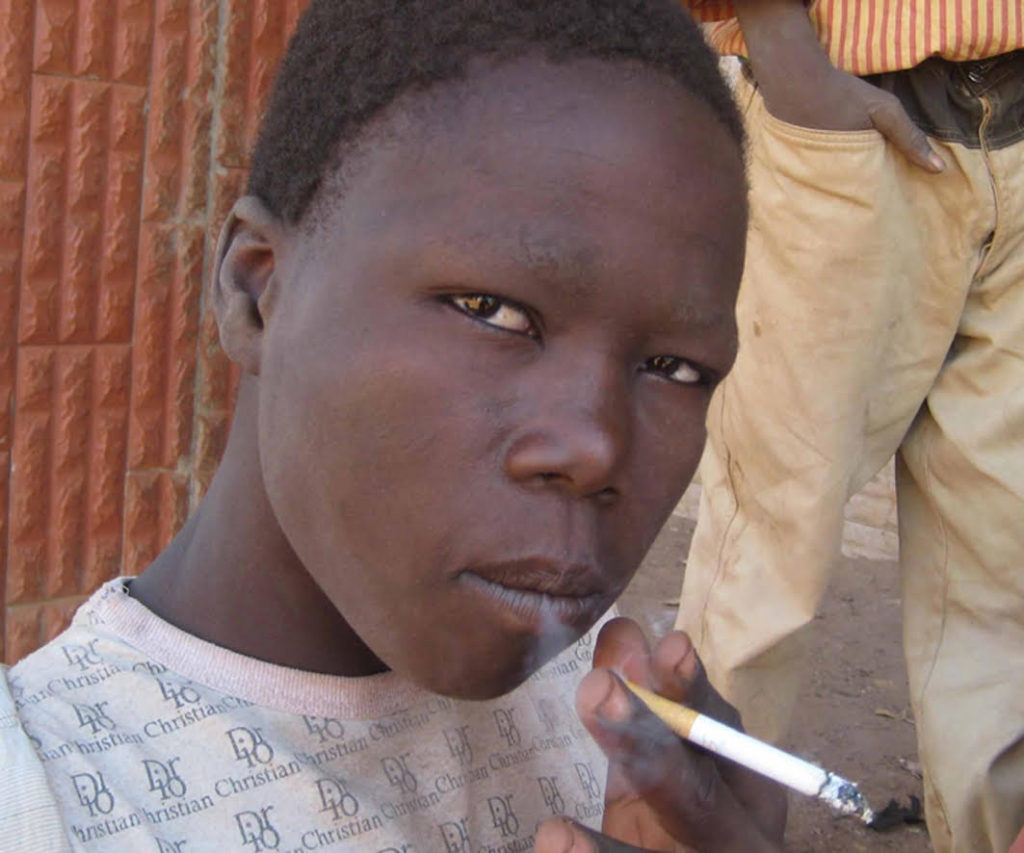
Simplice Ganou’s documentary about the homeless nomads of Burkina Faso was made in 2011, and nine years later, it remains just as resonant and vivacious. In a decade defined by some of the most incisive immigration debates globally, watching the boys trek from Ougadougu to Ouaga in search of better pastures feels grounded in a way that refrains from some of the heavier political undertones of larger immigration conversations, but keeps the emotional core of what it means to be a displaced person always on the move for the next source of comfort.
Diallo, Raoul, Clement and Souley don’t like the term street children. Afterall, they were born in hospitals, not on the street one of them remarks. They refer to themselves as Bakoroman, one who sleeps, eats, and does whatever he likes. The documentary shifts between the self-reflections of each Bakoroman, and the small details of their lives. They cut each other’s hair with painfully blunt razor that elicits uncomfortable sounds from one of them and laughter from the others. They walk for hours, chatting and intermittently refilling polythene bags with glue which they inhale. After hours of walking under the sun, they seek respite at a pump and rest under a tree. They even find time to skin and roast a chicken, all the while never missing a chance to tease themselves and chat up a storm.
While this approach works to create a shared consciousness between audience and filmmaker, the approach misses some opportunities to delve deeper. In the sections where the boys are by themselves, speaking to the camera, the audience learns many difficult truths that would have been advantageous if prodded more. The boys all have different outlooks to their livelihoods. For some, stealing is the only way to go. The way to guarantee access to a better quality of food. For others, they cannot work without pay, while some would be happy to provide labor for the recompense of three meals a day.
Their histories are poignant and painful. The choice to let the camera stay in one spot with the absence of heavy technical flourishes contributes to the effectiveness of the storytelling. The Bakoroman carry heavy pasts. Mistreated for silly mistakes, even having hard earned money stolen from them by their families, they have been away from home for long years growing up and making do.
As the odyssey to Ouaga unfolds, there is no clean-cut sense of hope. While it is understood that there are better opportunities there, there are no guarantees that they will happen for the boys. We don’t know if they are moving as tourists to see the town’s offerings, or have plans to put deeper roots. The film is in motion for most of the runtime, maybe a deliberate choice or not, but it projects a powerful metaphor for the lack of stability in these boys’ lives. They may be free to do as they like, but they are bound by the same powerful socioeconomic forces that compel them to keep seeking greener pastures.
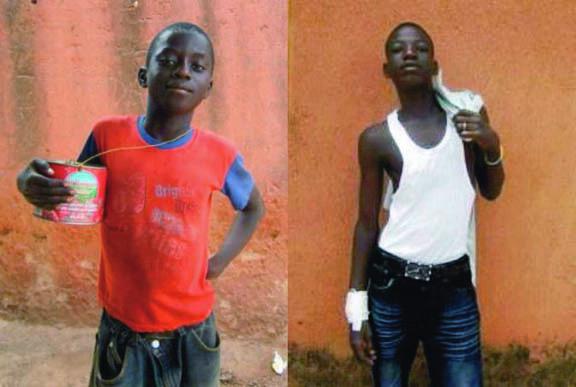
Country: Furkina Faso
Language: Peul, French
Year: 2012
Runtime: 62′
Written/ directed by: Simplice Ganou
Producer: Camille Plagnet













